Spotlight: Eda Holmes
Eda Holmes wants to tell the stories of people who, in her words, “should have been heroes.” With over a decade of directing work at the famous Shaw Festival, Holmes, who is also the Festival’s associate director, takes a unique approach to storytelling that incorporates her interest in rarely told points of view as well as her background as a dancer.
The American-born Holmes spent close to fifteen years as a ballet dancer with companies in the US and Europe, but a knee injury at the age of thirty forced her retirement from the profession. “It wasn’t that I didn’t want to dance,” she explains over the phone one sunny afternoon, “so much as it wasn’t available to me anymore.”
She pauses, the bustle of a coffee shop audible in the background, and politely orders a tall Americano before continuing. “I had always been interested in theatre, in stories, and always felt that ballet didn’t tell stories particularly well—it was good at poetry and mood and feeling, but wasn’t great at literally narrative, and I was pretty interested in that. I also wanted to get off the stage, which I’d been on since I was a child. I thought, ‘The world doesn’t need more Eda onstage!’”
Since she didn’t want to become an actor and was, as she puts it, “really interested in finding a way to be a person in charge, in a different way than many of the people who I’d dealt with,” Holmes applied for, and was accepted into, the directing program at the National Theatre School.
Shaw artistic director, Jackie Maxwell, who’s currently wrapping up her final season before new British director Tim Carroll takes the reins, met Holmes in those early directing days.

“I was teaching (at NTS), and I got to know her and was always impressed,” Maxwell recalls. “I thought she was interesting and smart, and came at the work from an interesting point of view.”
“She was really living a complete life,” Holmes says of Maxwell, whom she considers a mentor. “Jackie had a family, she was at the height of her career directing all over country, she was developing new plays… She was really inspiring, and she was one of the first directors I assisted.”
That assisting work was for a Michel Marc Bouchard piece, The Orphan Muses, at the Centaur Theatre in 1997. Holmes later went on to create Standing Female Nude, with theatre artists Raoul Bhaneja and Severn Thompson, in 1998, about how painter Oskar Kokoschka commissioned a woman to create a doll of his former lover Alma Mahler.
“I was really into that, a woman making a woman for a man, like, ‘this is something… this I am curious about: how are women in world?’”

Maxwell notes that Eda is “hugely passionate about the theatre, but also has a worldview of it. She is very on top of what’s happening in the world, and doesn’t rely on necessarily recognizable tropes but goes in very much from, ‘I am doing this play—what is happening in the world now and how does that affect it?’ That’s clear in both Mrs. Warren’s Profession and to a degree in A Woman of No Importance, and it has been in all of her work at the Shaw I think.”
Holmes has directed work written by some of Canada’s most celebrated theatre artists, including Morwyn Brebner, Carole Fréchette, Sharon Pollock, Susan Coyne, and Claudia Dey. She’s also helmed works by Lillian Hellman, Tennessee Williams, and Tony Kushner. She was appointed associate director of the Shaw Festival in 2009, and confesses that the nature of her passion has changed a bit over the years.
“I started out doing new plays and original creations,” Holmes says. “Being at Shaw has offered me the opportunity to look at old plays.” New plays have the distinct disadvantage, in her eyes, of being untested. If the material isn’t working, she can’t gauge if that’s because she’s failed, or if it’s because of the text. “But if I do a play with a reputation as a great play, then whatever I do, I will have a better way of judging my own capacity within it,” she says. “That was part of why I really wanted to work at Shaw: it gives me the opportunity to work with established writers and established texts and take a position on them.”
It’s a position Maxwell in particular appreciates. “I so enjoy talking with her and asking things like, ‘where do we sit as theatre artists in a larger, more global context?’ So when I came to the Shaw (in 2002), I wanted to open programming up to Canadian programming, but also to female voices and voices from elsewhere that hadn’t necessarily been included before. I always really enjoyed her point of view on that.”

Looking for under-served points of view is always a part of Holmes’ approach. When she directed Cat on a Hot Tin Roof at the Shaw in 2011, she said her first instinct was “to find a way in that was perhaps an overlooked viewpoint, or an under-explored one. I’m very interested in stories about potential that is unrealized. Brick is a great example of that; his athletic potential has gone unrealized because of his inability to live as the person he really was in the society he lived in—and that’s true of women, of minorities… that’s a very important story that we don’t talk a lot about. We talk about heroes and transformation and those things, but I’m actually interested in telling the story of people who should have been heroes and should’ve been transformed, and weren’t, necessarily.”
How much does that interest in unrealized potential go back to her own dance career having ended so suddenly?
“That’s a great question,” she says thoughtfully. “I don’t think of it as particularly cut short in that every dancer knows going in that they’ll retire when they’re ready to. It’s a young man’s game, it’s a young woman’s game, especially the kind of dance I loved and got to do. I worked at the Frankfurt Ballet, which is extremely athletic and demanding physically, so I knew my body wouldn’t take the punishment forever. I think a lot of dancers feel (that) the moment they feel intelligent enough to bring something to a role is often the time when your body won’t do it anymore, but there are lots of examples where that isn’t true.”
Still, Holmes’ background in dance affords her an especially unique appreciation of spatial relationships and visual poetry.

“I do think in terms of stories in space,” Holmes confesses, “like, bodies in space and the way stories are told, (and in theatre) with bodies onstage as imagery as well as simply text. I’m sure that comes from my background dancing and loving the kind of graphic quality of that, and the dynamics and the tension. Having two people far apart and then close together—just that act tells a story.”
“A lot of people go, ‘Oh, she was a dancer, there’s a lot of movement in her work’—I think that’s a bit literal,” Maxwell notes. “I don’t think it’s quite that. I think it’s more the notion that there is always more than one way of telling a story.”
Those creative approaches are demonstrated this season at the Shaw in her production of Mrs. Warren’s Profession, which she’s placed inside a men’s club, directly referencing the location of the play’s first performances.
“The play ends with Vivie alone in the office,” Holmes says, “but because we’ve put a conceit around it with doing it in the club, (cast members) are saying the stage directions and setting scenes. Rather than having Vivie alone, the men come back one by one and speak Shaw’s stage directions, which describe what she’s feeling after going through the story.”
The idea for the unique staging came, Holmes says, from her desire to have the men onstage at the play’s end. “As we were working, it evolved to what it has become in the show, but it asks, ‘What is Vivie in a man’s world, in today’s men’s world?’”

Having directed the last production of Mrs. Warren’s Profession at the Shaw, Maxwell admires Holmes’ commitment to finding, as she puts it, “a new way to access that play. By putting it in the club, essentially where it could easily have happened, it keeps giving you a contemporary context but also shows how that contemporary context is so important to original context of play, which is very smart. Eda is someone who is used to performances having a sense of orchestration like in dance and movement,” Maxwell notes.
Orchestration is something that’s been on Holmes’ mind. With new artistic director Tim Carroll set to take over next season, she’s considering next steps, and one of the things she’d like to do is direct work with music. Holmes directed Gounod’s Faust for the Calgary Opera in 2008, and is keen to do more in that world.
“The thing that I miss the most about dancing is the music, and live music in particular,” she says. “You spend your life as a dancer going in a room and having a pianist play for you, and the San Francisco Ballet, where I danced, had a live orchestra always. There’s something about the literal experience of (live music) that I really, really miss. Someday!”

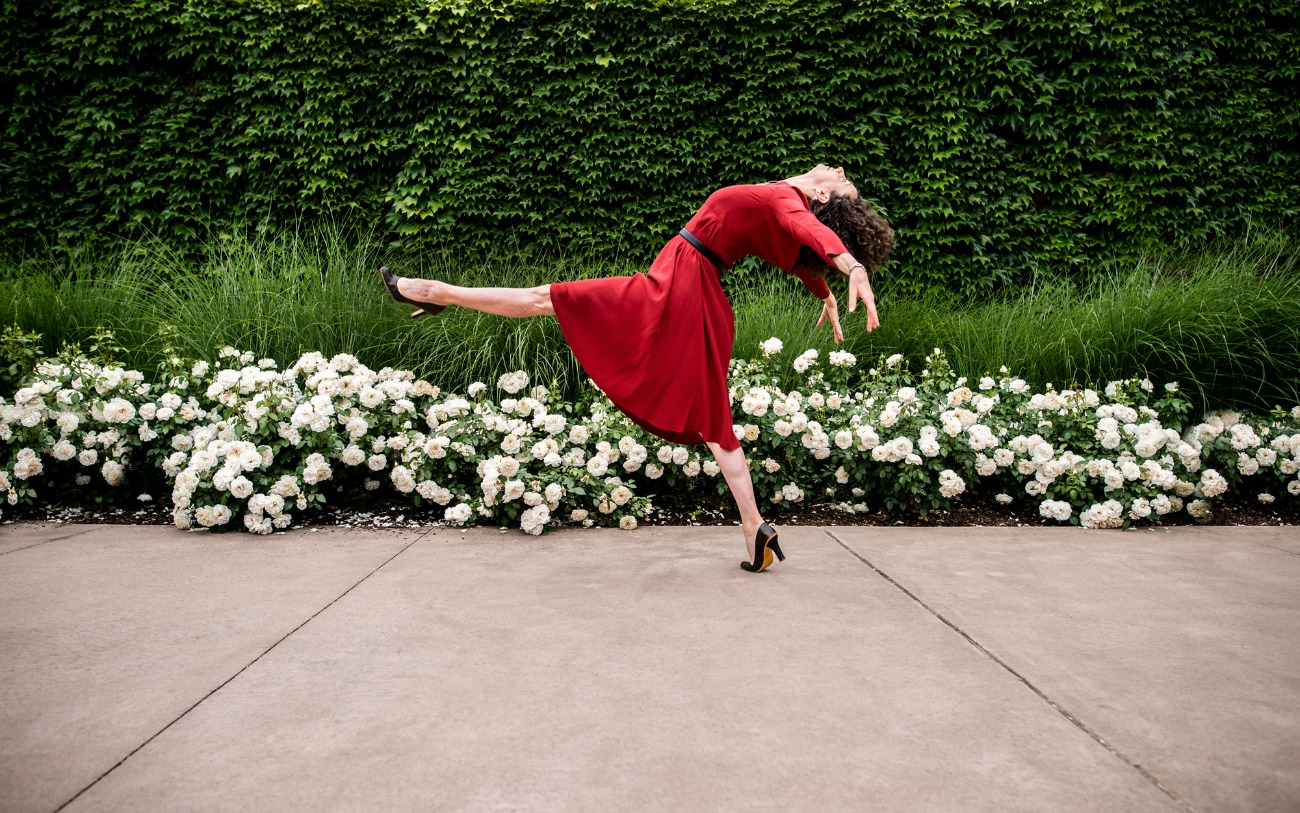
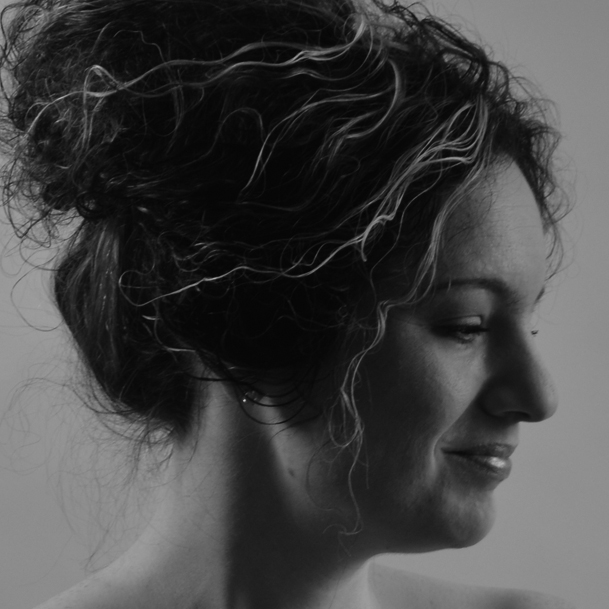
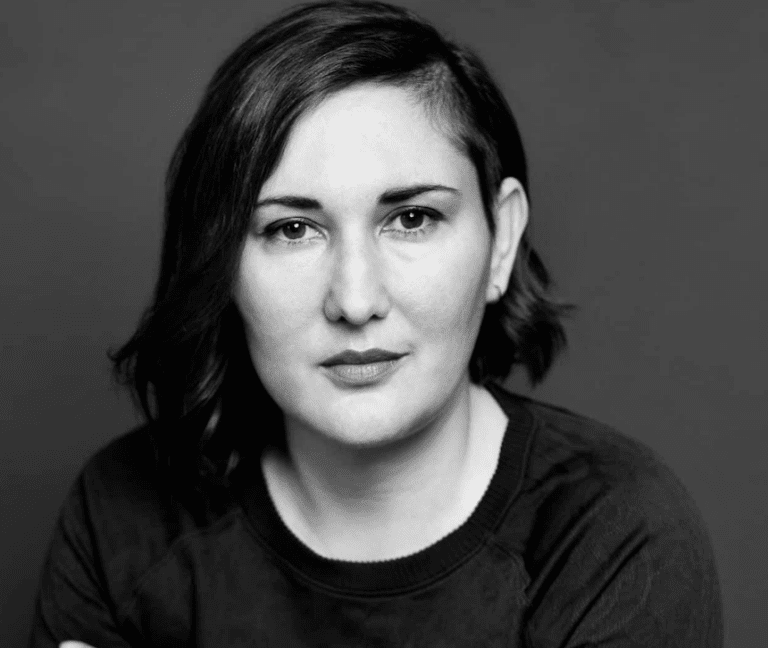
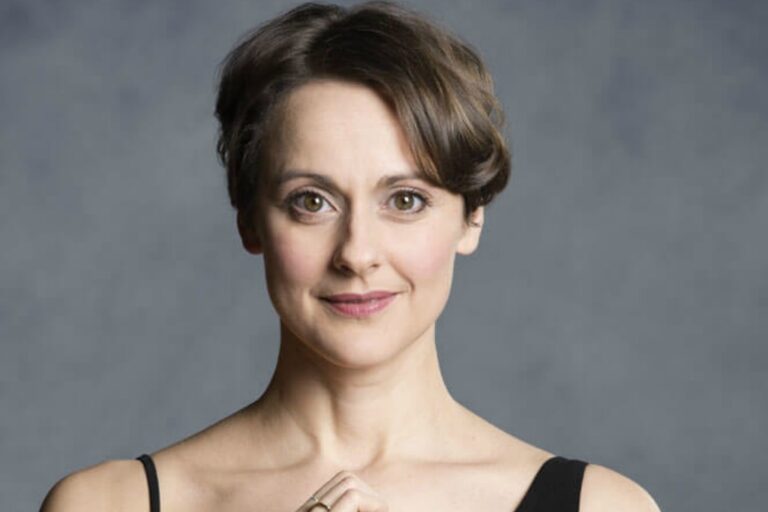
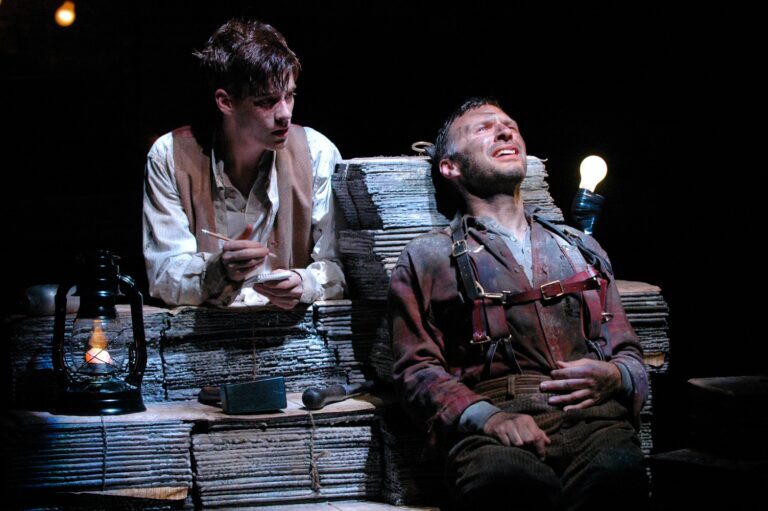
Comments